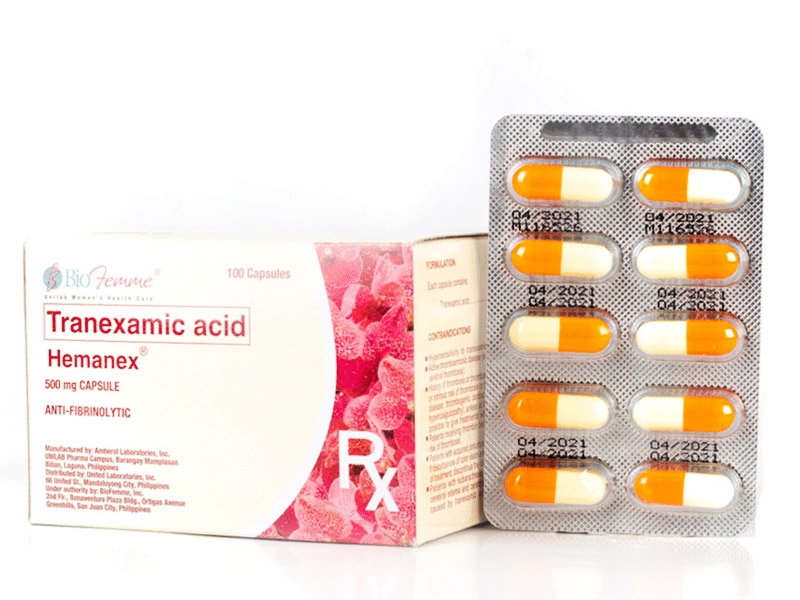Postpartum depression or PPD is a common medical complication after childbirth. It is caused by changes in the hormone levels of the mother and might lead to serious complications if left untreated.
Giving birth is both an exciting and scary thought for women, especially for first-time mothers. However, complications may arise that could be linked to childbirth—and postpartum depression (PPD) is one of them. Pregnant women may develop this medical condition due to many internal and external triggers, read more to find out if you or your loved one are at risk.
Childbirth presents a lot of challenges for women which may result in what is called “baby blues,” this is usually experienced within the first few days after giving birth. The effects are generally a rollercoaster of emotions like:
-
Difficulty in sleeping
-
Anxiety
-
Mood swings
-
Crying spells
Most moms go through this phase and can recover after a few weeks. However, not all moms overcome these emotions, as some women suffer from worse symptoms which can lead to postpartum depression.
What is postpartum depression
Postpartum depression (PPD) is a medical complication that may happen after childbirth; this is a result of changes in hormone level. The main difference between having baby blues and postpartum depression is that the symptoms are more severe. It can hinder the mother’s ability to care for her child.
Symptoms
The signs of PPD may be mistaken for baby blues, but the symptoms are usually worse than the latter. Some indications may show up during pregnancy or even up to a year after giving birth. Symptoms may include:
-
Difficulty in building a relationship with your baby
-
Unhealthy appetite (not eating or overeating)
-
Severe mood swings
-
Abnormal sleeping behavior
-
Showing no interest in things that you used to enjoy
-
Inability to make decisions
-
Overwhelming anxiety and restlessness
-
Negative thoughts about yourself or the baby
Risk factors
All new moms are vulnerable to experiencing postpartum depression, especially those who have a medical history of mental illnesses like bipolar disorder. Other risk factors include:
-
A previous case of postpartum depression
-
Family history of psychiatric disorders
-
Multiple births (twins, triplets, etc.)
-
Existing problems within the household and your personal life
-
Difficulty in connecting with your baby (unable to breastfeed, having special medical conditions)
-
Other pregnancy-related complications and concerns (unexpected pregnancy and lack of support from family)
Treatment
If you suspect that you are experiencing postpartum depression, it is best to talk to your healthcare provider about your condition. Your doctor may prescribe medications or talk therapy (psychotherapy) to guide you on your way to recovery.
General disclaimer
Always consult your doctor regarding any concern about your health. Your doctor will be in the best position to give the appropriate medical advice. For suspected undesirable drugw reaction, seek medical attention immediately and report to the FDA at www.fda.gov.ph and UNILAB, Inc. at 8-864522-1 (8-UNILAB-1) or productsafety@unilab.com.ph. Always buy from your trusted drugstores and retailers.


